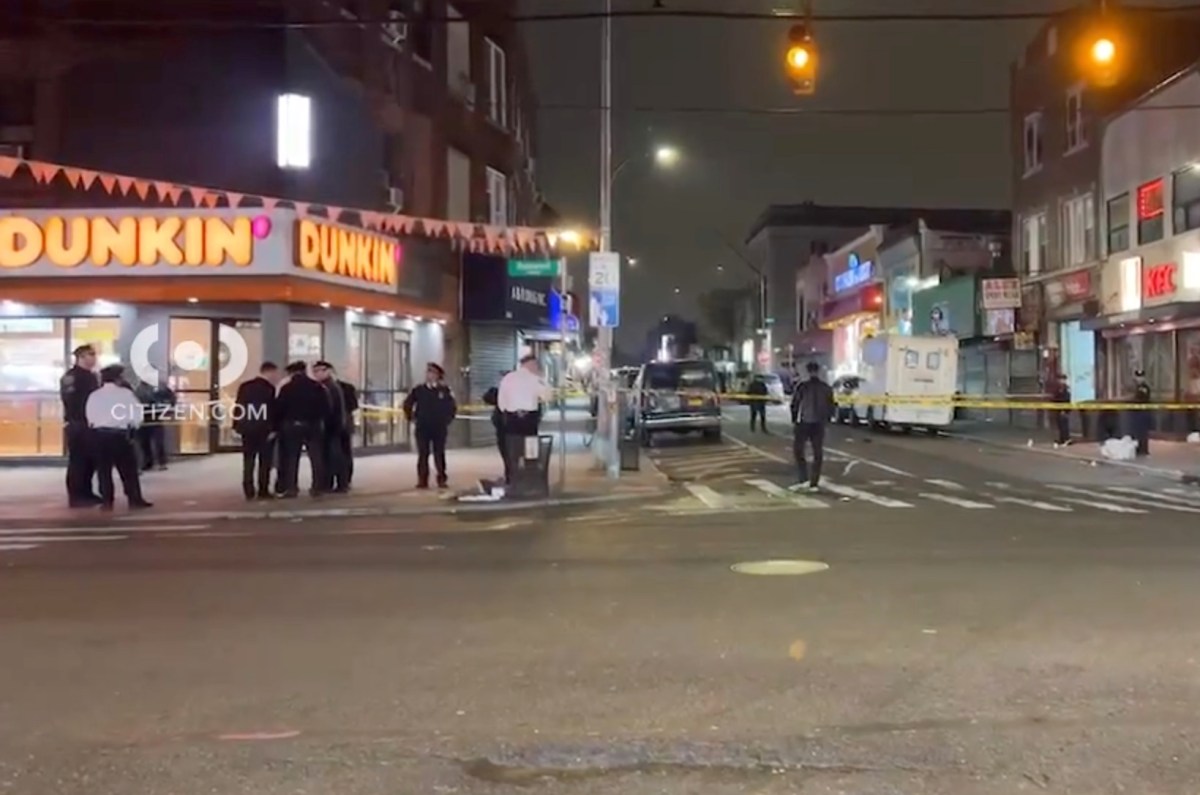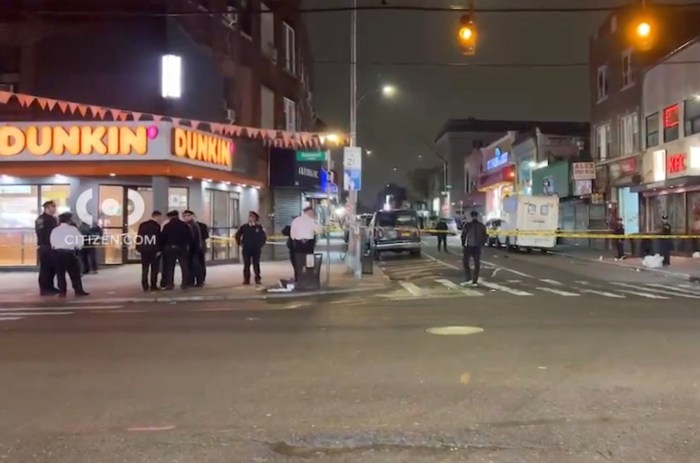By The Times/Ledger
On Thursday, March 2, 500 community leaders from southeast Queens came to York College to meet with Police Commissioner Howard Safir. These leaders represent a community that was stunned by the killing of Amadou Diallo by four members of the NYPD's Street Crimes Unit.
As one might expect, there were questions about the steps that the NYPD is taking to make sure that the Diallo incident is not repeated. Safir explained that his department had improved supervision in the Street Crimes Unit and that an effort was being made to recruit more minority cops. Safir also said the family of Amadou Diallo “deserves tremendous compensation.” We cannot remember ever hearing such a statement from a city official when a lawsuit was pending.
But what made this town hall meeting unique was the number of community leaders who stood up to praise the work being done by their local precincts and the Street Crimes Unit. Their words fly in the face of people like the Rev. Al Sharpton who have exploited the death of Diallo for their own purposes. Sharpton has made a concerted effort to drive a wedge between the black community and the police.
There are some who will dismiss the town hall meeting because the general public was not invited. To be sure, many of those invited already have a working relationship with the police. While this does color the meeting, the opinions of those who did attend should not be taken lightly. Yes, they know the police, but they also know the problems faced in their neighborhoods. They know the pain caused by crimes and they know that their streets are safer now than they have been in decades.
What Safir described is only the beginning. The police force needs an ongoing dialogue with the minority communities of New York. The trials of police officers in the killing of Diallo and the torture of Abner Louima have exposed a gaping wound in our city. The gratitude that many in the southeast Queens community feel for the tremendous work that the police have done in reducing crime stands in sharp contrast to the pain and anger that is also felt.
For the NYPD, it is indeed the best of times and the worst of times. If nothing else, the town hall meeting should signal to both sides that the time has come for healing and understanding. Both sides deserve that.
2 million and growing
According to a report released last week by the U.S. Census Bureau, for the first time in its history, the population of Queens has passed the two million mark. The growth is a tribute to the overall quality of life in this borough. It is also a major threat to that quality of life. Almost every institution is feeling the strain, but none more so than our public schools.
During a campaign stop in Queens Village, Democratic senate candidate Hillary Clinton promised to fight to get more money to fight overcrowding. But if Hillary really wants to focus on the schools, she's running for the wrong office. There is a potential for increased federal funding for New York City schools, but the city will be competing against troubled school districts in 50 states.
Albany is the place where the school funding battle must be fought and won. The state Legislature must make certain that New York City get its fair share of education dollars and the Board of Education must see to it that these dollars are allocated according to need, not political expedience.
Not much Hillary can do about that from Capitol Hill, but at least her thoughts are in the right place.





























